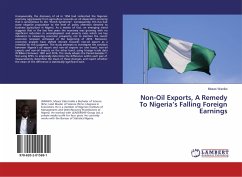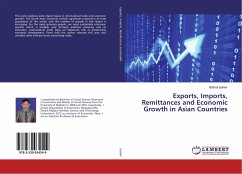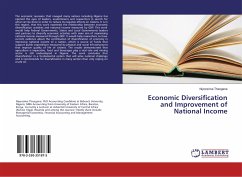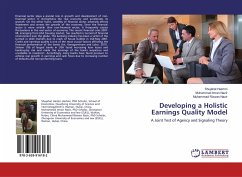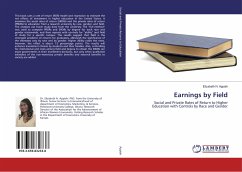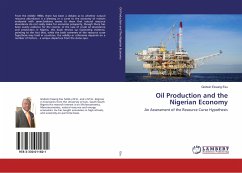Unequivocally, the discovery of oil in 1956 had redirected the Nigerian economy aggressively from agriculture towards an oil dependent economy that is synonymous to the "Dutch Syndrome". Consequently, this has had some negative proposition to the level of policy attention devoted to business agriculture in Nigeria. As a matter of fact, an emerging trend suggests that in the last few years the economy was growing with no significant reduction in unemployment and poverty rates which are key indicators to measuring economic prosperity, not to mention the recent economic recession witnessed at the beginning of 2016. Moreover, economic analysts have shifted interest towards non-oil export as a remedial for this quagmire. This study attempts to investigate the variation between Nigeria's oil export and non-oil exports on one hand, non-oil exports and non-oil imports on the other hand, using foreign trade data (N'Billion) between 1981 and 2016. The study adopts the Paired-Samples T-Testusing SPSS, to empirically determine the difference within each pair of measurements, determine the mean of these changes, and report whether the mean of the difference is statistically significant each.
Hinweis: Dieser Artikel kann nur an eine deutsche Lieferadresse ausgeliefert werden.
Hinweis: Dieser Artikel kann nur an eine deutsche Lieferadresse ausgeliefert werden.

